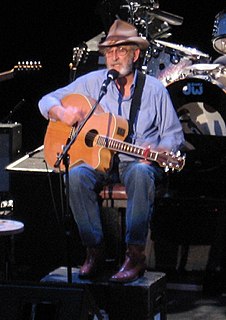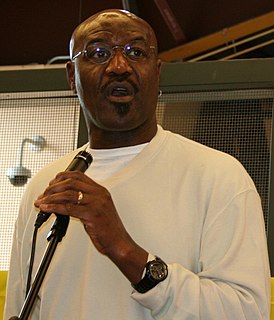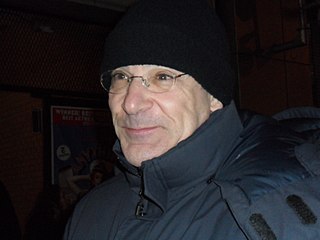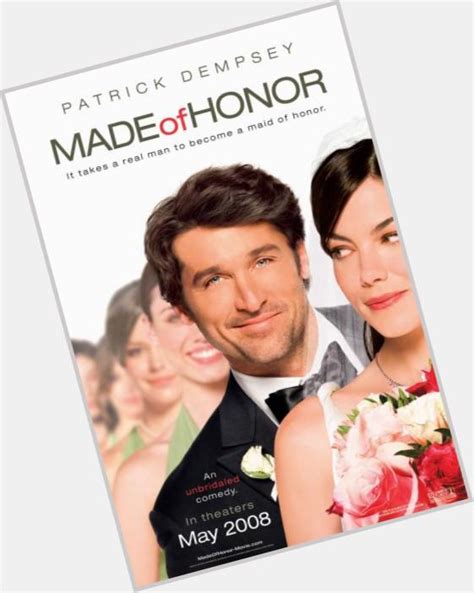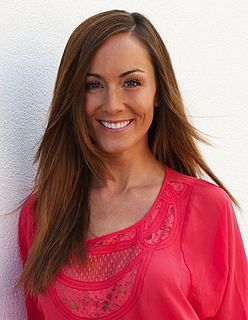A Quote by Ehud Barak
One of the lessons learned in the Middle East is to never try to anticipate the other side's moves.
Quote Topics
Related Quotes
I never took any guitar lessons or anything; I never really learned to play covers. I'm actually happy that I never took lessons as a kid. Now, I'd like to take lessons to kind of go deeper. But I think sometimes lessons can steal a person's personality away, because they're trying to do things so technically.
I do think, from the other side, that George W. ush was somewhat of an innocent in his thinking about what Ronald Reagan did during the Cold War and by bringing democracy to Eastern Europe. I think he believed that he could do the same thing by bringing democracy - or Midland, Texas, really - to the Middle East. I truly think he felt it was possible. "I want to do for the Middle East what Reagan did for the Soviet Union."


